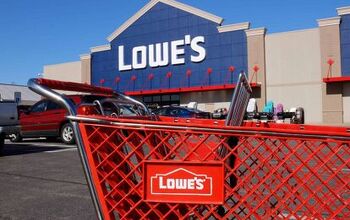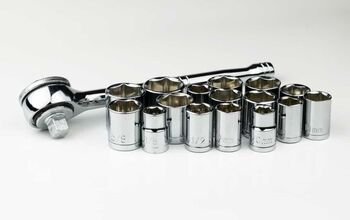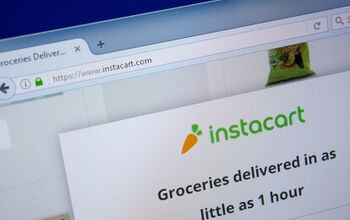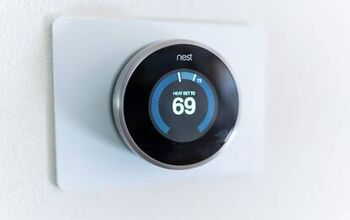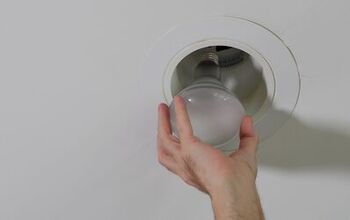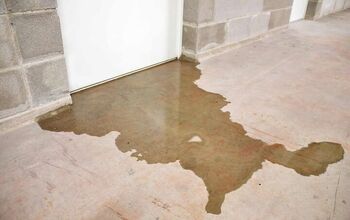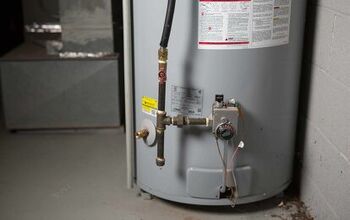13 Kitchen Organization Hacks That Can Lower Your Grocery Bill

Grocery prices continue to rise and reach all-time highs. With no end in sight to this sticker shock at your local markets, it’s easy to feel anxious and hopeless every time you head to the grocery store. While it’s true there is nothing you can do about the grocery prices themselves, there are ways to organize your kitchen to help lower your grocery bill.
To help keep your grocery bill low, regularly check expiration dates on the items in your fridge and pantry. Keep your deep freezer tidy and ensure anything in an airtight container is labeled and dated. Label shelves in your pantry to keep everything in the right place and make space for money-saving kitchen appliances. Use pullout drawers to make everything easy to see and switch from paper towels to reusable ones.
Rising prices can make saving money feel hopeless. Some things are out of your control, but there are many ways you can lower your grocery bill. If you are sick of spending a fortune every time you visit a food store, keep reading. Below is a list of ways you can organize and maintain your kitchen to significantly reduce the amount of money you spend at the grocery store.
13 Kitchen Hacks That Can Help Lower Your Grocery Bill
1. Store Perishable Food In Sight
The best way to decrease the amount of money you spend on food is to ensure no food goes to waste. This is something that’s easier said than done, but there are ways you can organize your kitchen to reduce the risk of food expiring.
One way is to put all your most perishable items in clear view. This means dairy products, produce, and refrigerated leftovers should all be within your sight. Make it a habit to check your produce drawer before cooking any meal, and especially before you head to the market.
Eliminating perishable food waste can significantly decrease your grocery expenses.
2. Maintain A Tidy Deep Freezer
Storing items in the freezer gives them a much longer lifespan, especially if you store them properly. Still, f ood goes bad in the freezer eventually. To eliminate food waste in your freezer, you must keep it organized.
Don’t overstuff your freezer, as this will make it impossible to take inventory of what you have inside. Instead, keep similar items grouped together, and go through your freezer regularly, pulling older items to the top, so they are used quicker.
3. Always Label And Date Your Food
Even if you have a great memory, you’ll be surprised what a visible label with a date can do for your organizational skills. Labeling your food with the date is great for items in the fridge, freezer, and pantry.
It helps you know when to use up items like nuts, flour, and all sorts of leftovers in a timely fashion. By knowing the dates, you can easily organize food items so they are used in a timely manner.
4. Keep Flour And Sugar In Air-Tight Containers
Certain staples in your kitchen can last much longer if you store them properly. Flour can expire in just a few weeks or months, but it can last much longer if stored in an air-tight container.
Storing sugar, flour, and other staples in clear, air-tight containers keeps them fresh, keeps bugs out of the kitchen, and also makes it easy for you to see when you are running low.
5. Make Counter Space For Money-Saving Appliances
To save money on your grocery bill, you should start thinking of products you can make at home that will save you money. Making your own bread, tortillas, and various other kitchen staples saves you a ton compared to buying them pre-made. These items also usually taste much better when freshly made.
To encourage making items from scratch, keep appliances like mixers, bread makers, and tortilla presses readily available and in view.
6. Buy Coffee In Bulk And Have A Home For It
If you are a coffee drinker, then you know it’s much cheaper to make coffee at home than to buy it at a cafe. Even if you already make coffee at home, however, there are still ways to save more money.
If you like quality coffee beans, then consider buying in bulk. Bulk coffee purchases allow you to use premium beans for far lower prices than you can find at a grocery store. The key is finding a place in your kitchen for all these beans.
Buy one or two airtight containers for these beans. Place the larger one in your pantry, and have the other container near your coffee maker.
7. Adopt The “First In, First Out” Method In Your Refrigerator
If you’ve ever worked in a restaurant, you’ll know they usually store items in the fridge, so they are easy to grab. The oldest products are in the front, with the newest in the back. This is often called the “first in, first out” method.
This method ensures your food is organized in a way that it won’t expire. You can use this same method in your own fridge. When you come home from the market, place new produce, dairy, and other fresh items towards the back of the fridge, bringing older products to the front.
8. Alphabetize Spices So You Don’t Buy Them Twice
Spices might be small in size, but their price is anything but small. Some spices can easily cost $20, which is why you only want to buy spices when it’s necessary. Organizing your spices is a great way to ensure you only buy a particular spice once.
The most effective way to organize spices is alphabetically. If this is too much work or impractical for your spice storage location, consider grouping your spices. You can put “spicy” spices in one section, sweet baking spices in another, and so on.
9. Make Space On Your Windowsill For Herbs
Another kitchen hack that can save you on your groceries is to start growing some of your groceries yourself. If you have ample natural light in your kitchen, then start using it to your advantage.
You can grow all sorts of herbs on your kitchen windowsill, including basil, mint, chives, and rosemary. Growing these herbs in your kitchen means you don’t have to buy them at the store, which can add up to lots of savings over time.
10. Check Expiration Dates Regularly
When food expires and you have to throw it away, you’re basically throwing away money. To ensure this never happens, you should make a habit of regularly organizing your fridge and pantry.
As you organize it, you can make a pile of pantry items you need to use up fast, and then bring nearly expired fridge items to the front. This will help keep your kitchen organized and reduce your waste, which is a form of savings.
11. Install Pull-Out Drawers
It’s a known fact that it’s easier to organize and account for things you can see. This is why deep storage areas tend to be messier than anything that’s regularly visible. One way to make everything more visible and easy to access is by installing pull-out drawers.
You’ll be surprised how much easier it is to reach important appliances and all food storage when you have pull-out drawers. This makes your kitchen organization more user-friendly and can help cut down on waste.
12. Switch From Paper To Re-Usable Towels
Paper towels are commonly purchased along with groceries, and they have become more expensive in recent years. Instead of constantly forking over $10 to $20 on paper towels, consider designating a drawer in your kitchen for reusable towels.
Using reusable towels in your kitchen instead of paper towels will save you lots of money, and it is a great way to make your home more environmentally friendly.
13. Label Your Pantry Shelves
It’s not too hard to organize a pantry, but keeping it organized is harder. To ensure your kitchen pantry stays organized and you don’t spill food or let it spoil, keep it labeled. When you label shelves in your pantry, it forces you to keep to a method of organization. You can always relabel the shelves as your dietary habits change, but try to stick to a method so it becomes second nature.
Wrapping Up Organizing Your Kitchen To Save On Groceries
To help reduce your grocery bill, it’s important to stop wasting food. Ensure you check expiration dates regularly, and use the “first in, first out” method when putting groceries in your fridge. Label your pantry shelves and your air-tight containers, and start buying your coffee in bulk. Swap out paper towels for reusable ones, and start utilizing kitchen appliances that can help you save money.
Related Guides:
- How To Organize Under The Kitchen Sink
- Top Tips For Organizing Your Pantry So Your Food Doesn’t Expire
- Six Reasons Why You Should Forget About Fridgescaping

Tom Gaffey is an expert writer who currently resides in Washington D.C. Tom has a passion for real estate and home improvement writing, as well as travel and lifestyle writing. He lived the last twelve years in Hawaii where he worked closely with luxury resorts and event planners, mastering his knowledge of aesthetics and luxury products. This is where he found his passion for home improvement and a keen interest in DIY projects. Currently, Tom resides in Washington D.C, and also working on his debut fiction novel.
More by Tom Gaffey












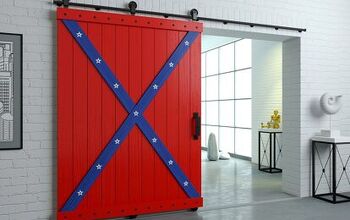
![10 Best Electric Pressure Washers – [2022 Reviews & Guide]](https://cdn-fastly.upgradedhome.com/media/2023/07/31/9070600/10-best-electric-pressure-washers-2022-reviews-guide.jpg?size=350x220)

